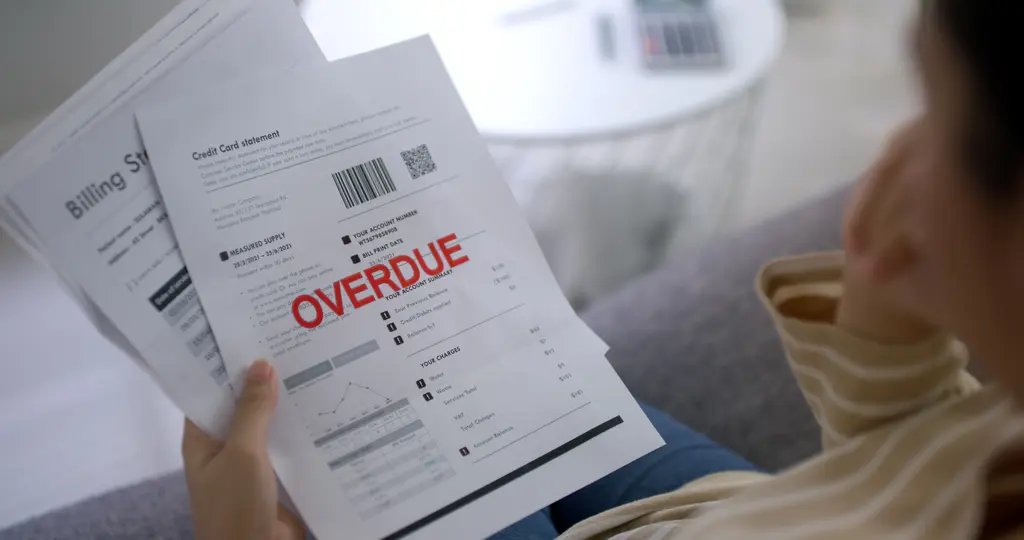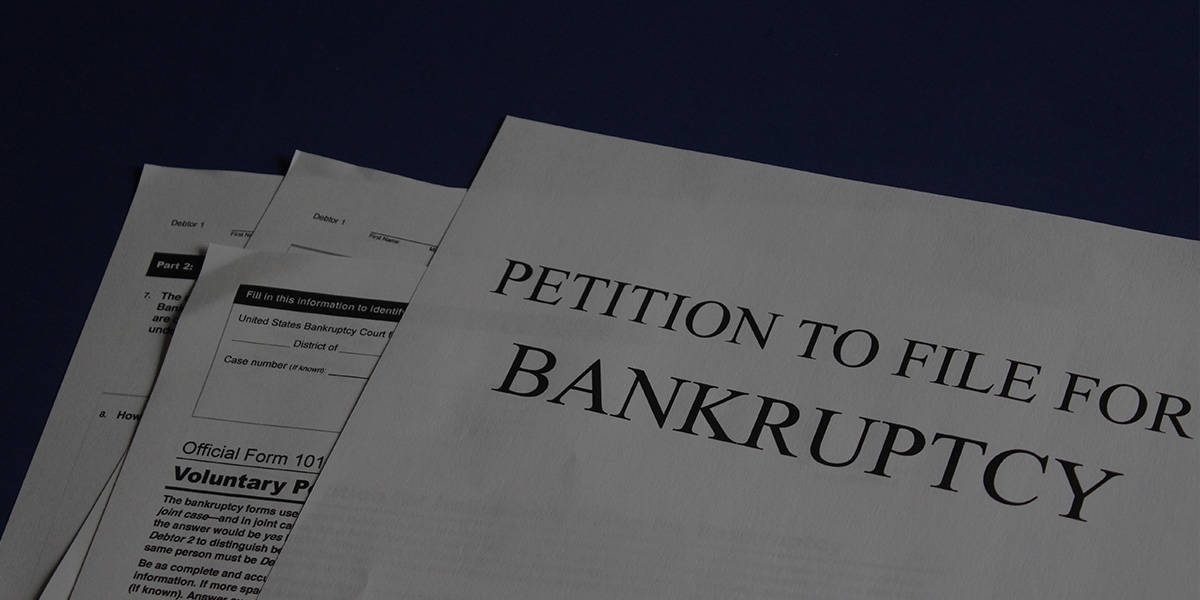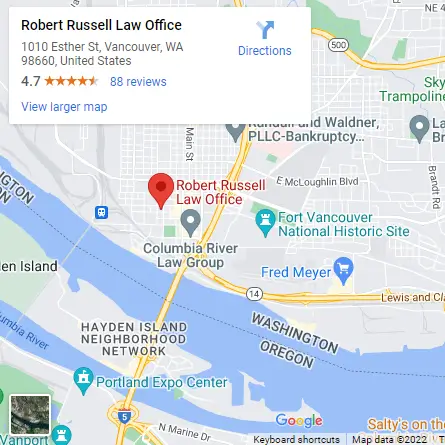When Is My First Chapter 13 Payment Plan Due?
Your first full month’s plan payment must be received by the Chapter 13 Trustee within 30 days of the date of case filing. You can find that requirement in 11 USC §1326.
How Do I Make My Chapter 13 Plan Payments?
Payroll Deduction: Normally, the Chapter 13 Trustee will want your plan payments to be deducted from your paycheck and sent automatically to the trustee. Most clients prefer this payment method because they don’t have to take the extra effort to purchase a money order/cashier’s check and send it to the trustee. Plus, this way they don’t have to remember to send the payment; it happens automatically.
Direct Payments: Sometimes a Debtor needs to make payments him/herself to the trustee because either they are not employed and a wage deduction is not possible or the have special circumstances where it’s better their employer not be notified of the Chapter 13 case filed. If a debtor makes payments themselves, payments must normally be made by certified funds with the debtor name and case number noted with the funds sent.
Note: Normally, a Debtor must send in at least part of the first month’s plan payment themselves because it takes a while for the Trustee to send the request and an employer to set up the plan payment deduction. So, for example, if your plan payment is $1,000 a month and you are paid twice a month, that means you would send $500 out of each semi-monthly check to the trustee until the payroll deduction starts. That way you do not fall behind on plan payments.
TFS System: Our Trustee occasionally allows a debtor to make plan payments themselves if they use a service such as “TFS Bill Pay“. Basically, a Debtor sends money to TFS, TFS confirms receipt of the funds, TFS then takes a fee and sends the plan payment to the Chapter 13 Trustee. This system avoids “NSF” payments to the Trustee.
Why Is It Important To Make Plan Payments On Time?
Prevent Dismissal/Conversion of the Case: If you don’t make plan payments and the arrears are not resolved by payment or agreement, the Chapter 13 Trustee and/or a creditor can ask the court to dismiss or convert your case to Chapter 7. If your case is dismissed, you no longer have bankruptcy protection from creditors. If your case is converted to Chapter 7, it is possible that you could lose your home or other assets with significant (non-exempt) equity.
Prevent Asset Loss: A debtor sends money to the Chapter 13 Trustee for specific purposes set out in the Chapter 13 Plan. Plan payments are often used to pay for a car, house or some other important asset. Thus, if a debtor does not make the plan payment, then those creditors don’t get paid. If such a creditor does not get paid, then it’s likely they will ask for the car or house, etc back, i.e., you lose the asset.
Prevent Additional Attorney Fees: Failure to make all plan payments on time to the trustee can result in additional attorney fees incurred in trying to “fix” the failure to make timely payments. Most times the failure to make payments can be resolved if caught early.
Experienced Chapter 13 Attorney
Chapter 13 cases rely on a debtor making timely plan payments. An experienced attorney can often “fix” a failure to timely pay scenario and save your home and/or car. If you are looking for experienced counsel that can help you step by step through the bankruptcy review and filing process, please let us know.







